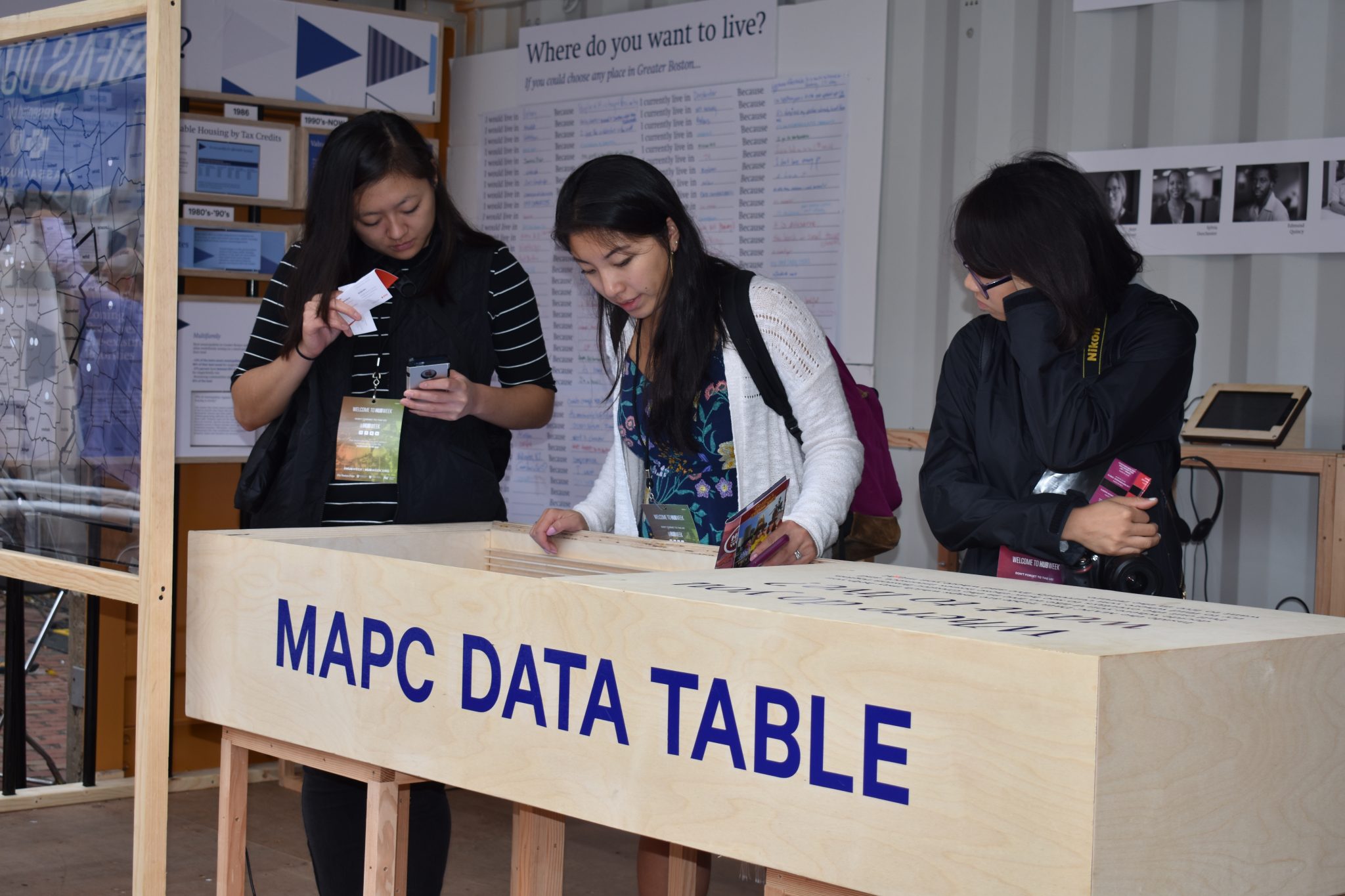





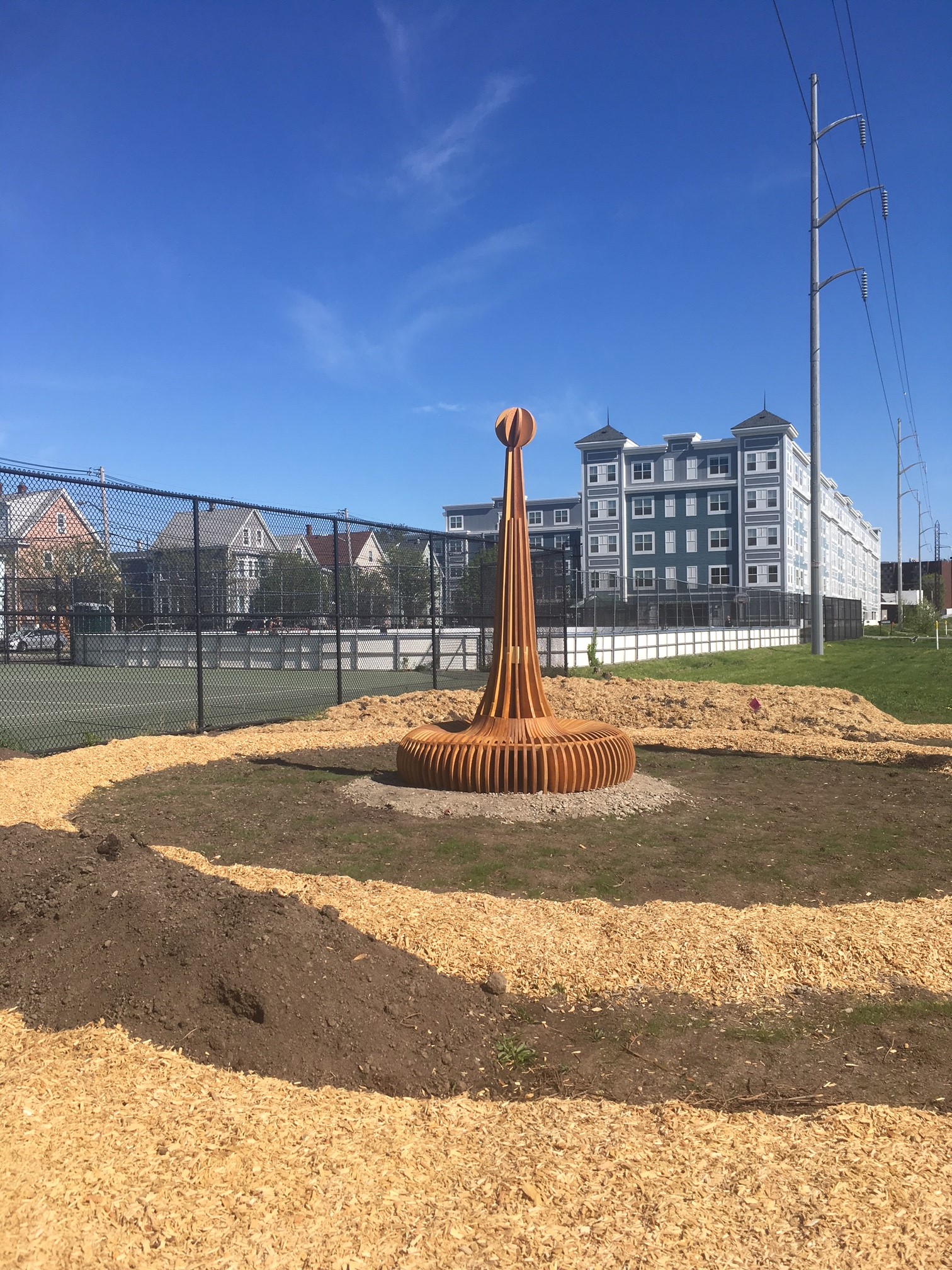
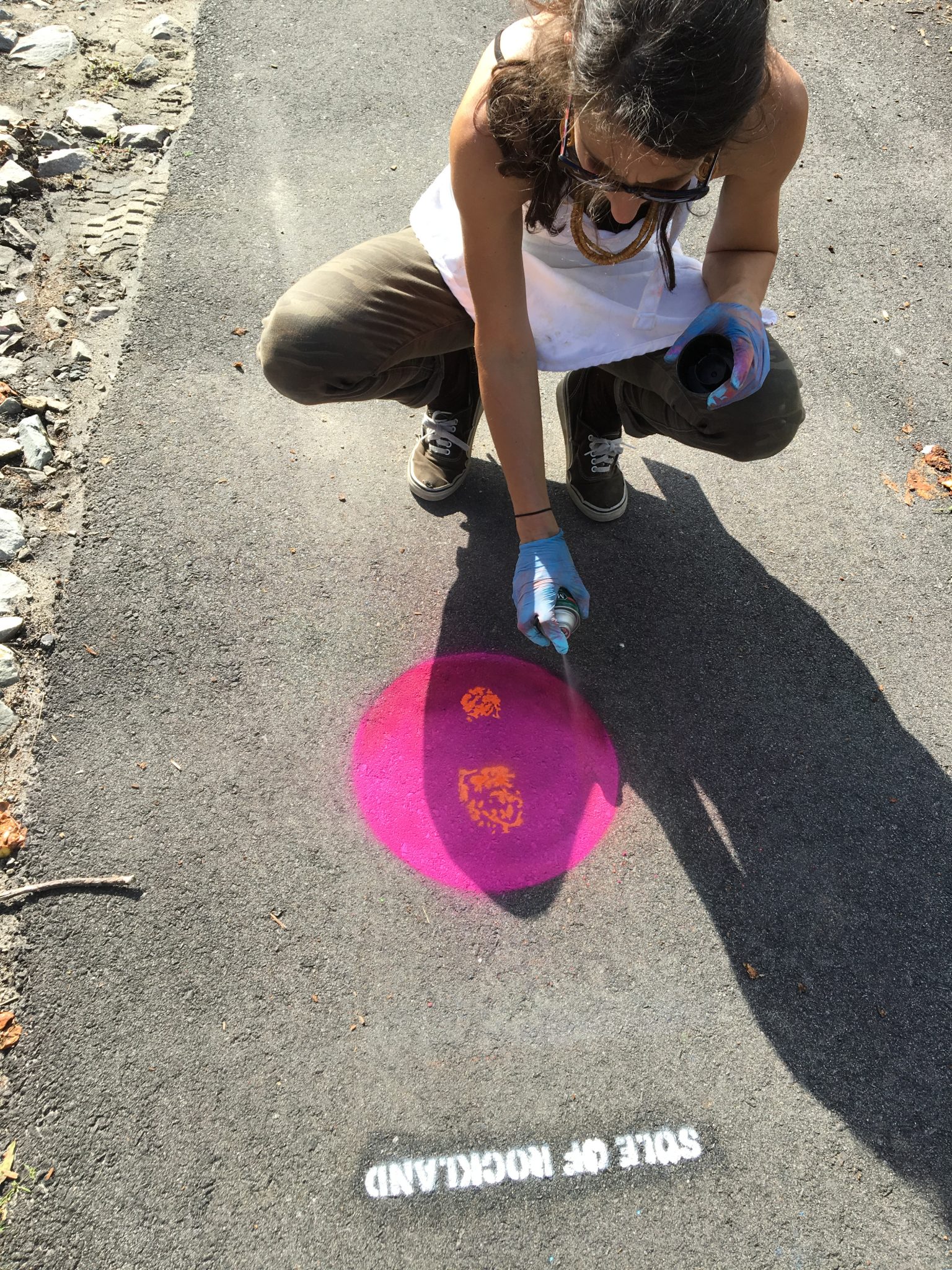
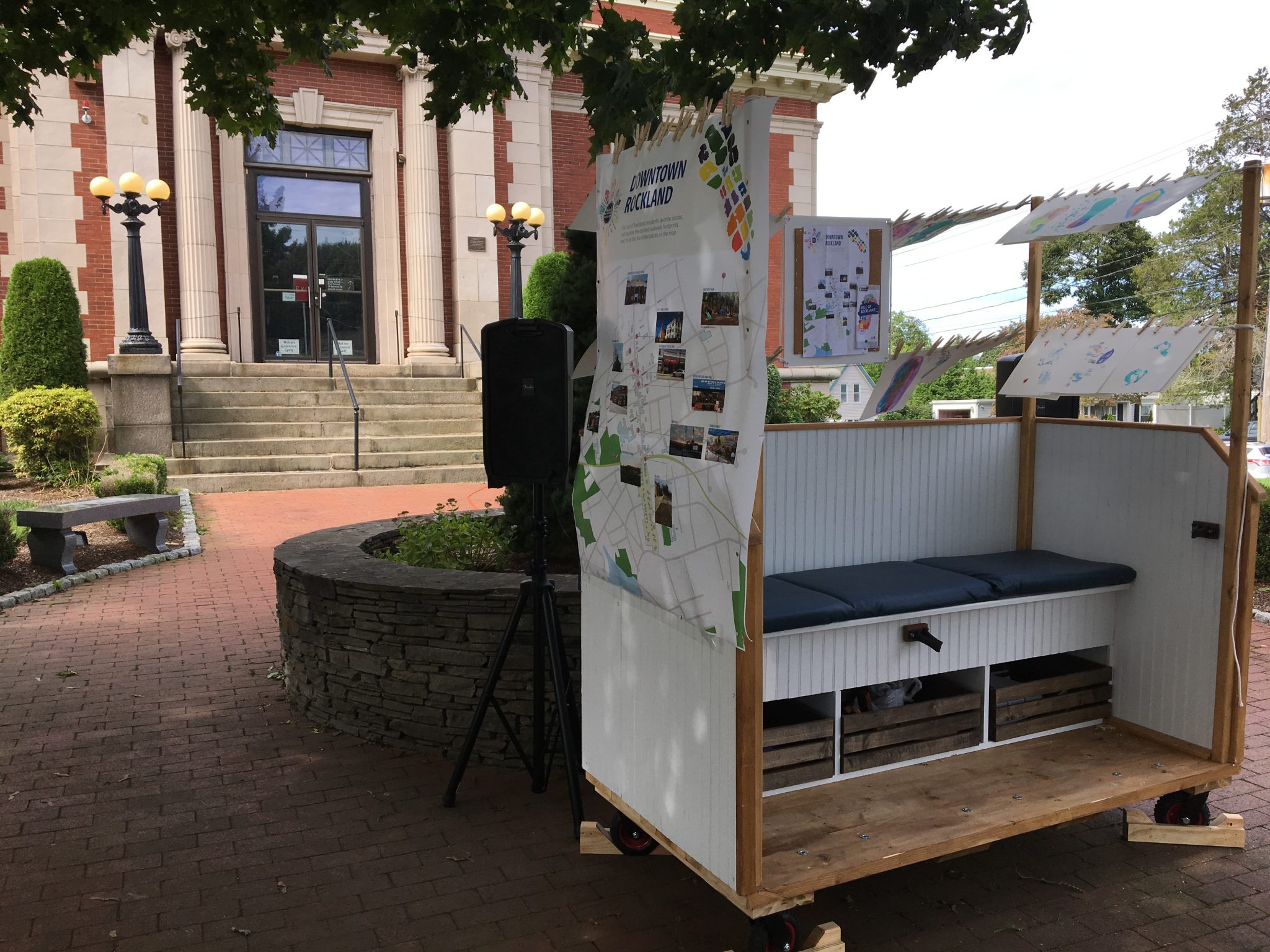
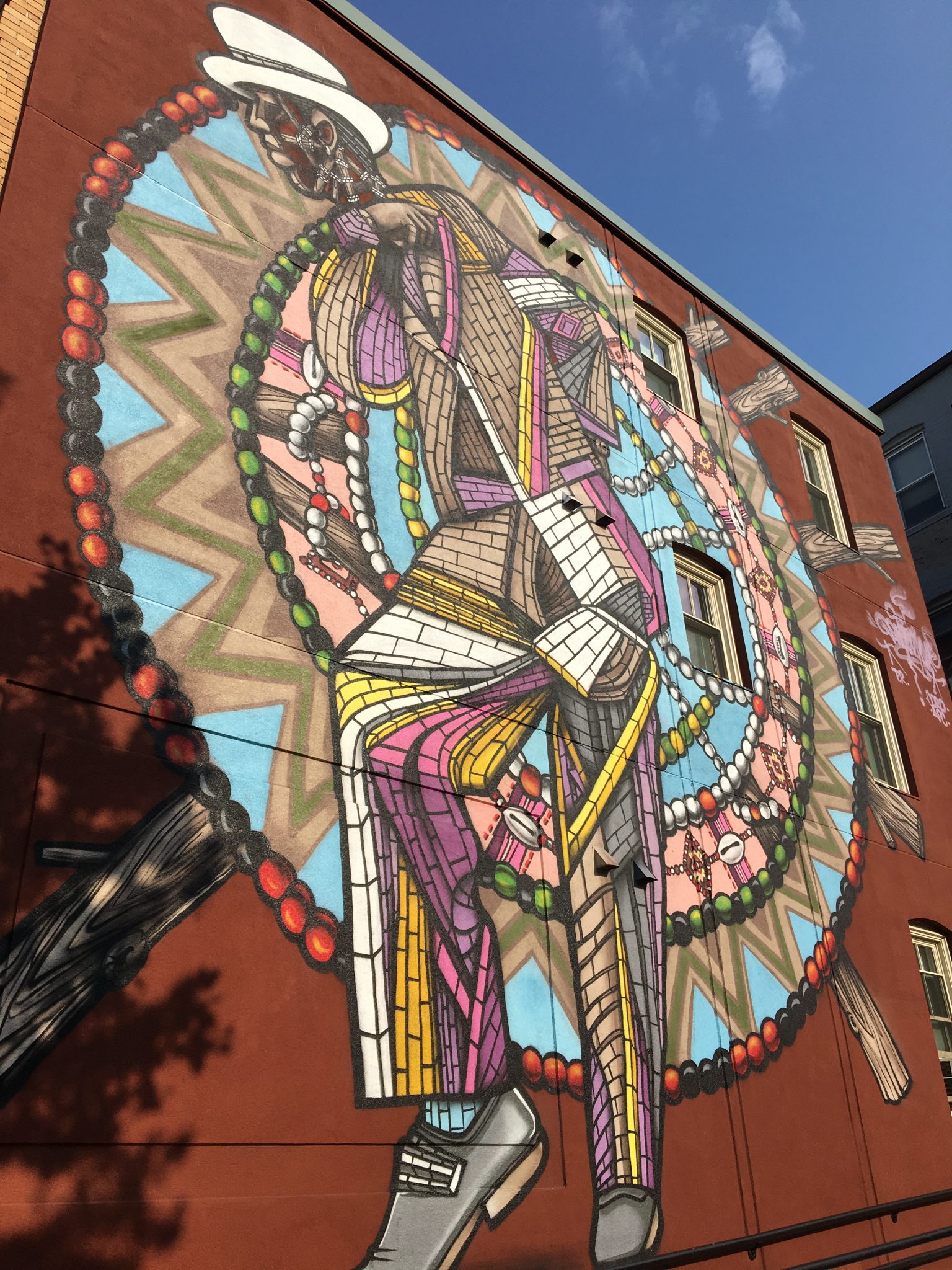
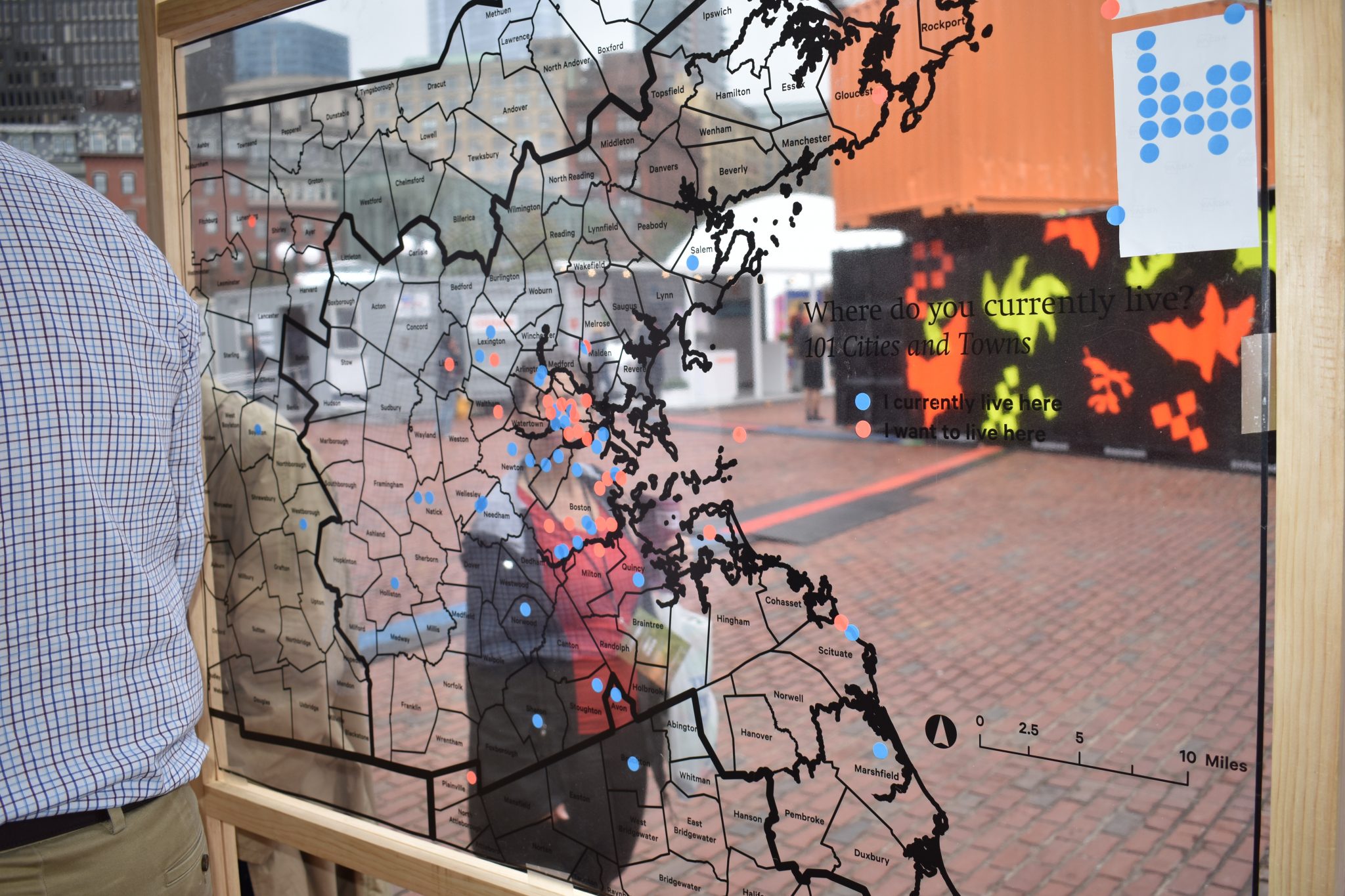
What is this Toolkit?
The Arts and Planning Toolkit offers an array of tools and strategies to help planners advance arts and culture as both a catalyst for and an essential component of community development. It provides resources for planners and other government staff who are interested in innovating their planning and community development work through projects and partnerships that engage arts, culture, and the creative community.
The Toolkit presents a menu of strategies grounded in case studies of real projects that are exemplary of how arts and culture can be an effective component of planning, community development, land use, housing, transportation, economic development, public health, and public safety projects and initiatives.
A project of the Metropolitan Area Planning Council (MAPC), the regional planning agency serving the people who live and work in the 101 cities and towns of Metro Boston.
Why a Toolkit on the Arts for Planners?
Arts and culture is an essential element of what makes places and communities healthy, connected, and vibrant. Arts and culture enriches lives by providing opportunities for people from different walks of life to socialize, learn, and play; providing experiences that help people engage with the past, present, and future; and creating unique, exciting opportunities to understand and interact with the built and natural environment and the places where people live, work, study, and play.
Urban planners have immense influence in shaping the built environment and public life through policy and planning in ways that create vibrant and healthy places and communities. To be effective, planners need tools and strategies to help them engage with arts and culture in their work. Understanding how arts and culture intersects with other planning disciplines including economic development, community engagement, public health, and land use and transportation expands the ability of planners to build healthy, thriving communities. At the same time, arts and culture has the capacity to make planning more meaningful and impactful.
How does this Toolkit Work?
The Toolkit is divided into two ways of learning about arts and culture planning. The Tools and Approaches page introduces the ideas, strategies, and human-centered engagements that provide a foundation for Arts and Culture Planning. Case Studies features some examples of successful projects from around Massachusetts and the US. Find what you need using the buttons below or the tabs in the header.
Launched in 2017, the Arts & Culture Department at MAPC is charting an innovative course in planning and community development by fostering a creative shift in the field. We engage arts, culture and humanities in our planning work to promote equitable access and representation in arts and culture, expand community engagement in cities and towns, and ensure that planning and policy supports a thriving arts and culture ecosystem. Learn more about our work and team here.
MAPC Artists-in-Residence (AIR)
Hortense Gerardo | AIR 2018-2020
Carolyn Lewenberg | AIR 2017-2018
Interested in more Arts & Planning content? Join the Arts & Planning Mailing List!
Acknowledgements
The Arts & Planning Toolkit is a project of the Metropolitan Area Planning Council's Arts & Culture Department. This Toolkit was designed with the guidance and expertise of the following individuals:
MAPC ARTS AND PLANNING TOOLKIT ADVISORS (2016-2018)
- Shirronda Almeida, Director at Mel King Institute at MACDC
- Julie Burros, Former Chief of Arts and Culture, City of Boston
- Kara Brewton, Economic Development Director, Town of Brookline
- Debbie Burke, Executive Director, Malden Redevelopment Authority
- Kara Chisholm, Planner, City of Quincy
- Tom Daniel, Planning Director, City of Salem
- John DePriest, Director of Planning and Development for City of Chelsea
- Craig Dreeszen, Consultant
- Joe Domelowicz, Assistant to Town Manager/Grants Manager, Town of Winthrop
- Kara Elliott-Ortega, Chief of Arts & Culture, City of Boston
- Jamie Errickson, Former Planning Director, Town of Natick
- Helena Fruscio, Deputy Assistant Secretary of Innovation, Entrepreneurship and Technology
- Elizabeth (Emmy) Hahn, DHCD Massachusetts Downtown Initiative Coordinator
- Lillian Hsu, Director of Public Art, Cambridge Arts Council
- Sarah Hutt, Fund for the Arts Consultant Advisor, New England Foundation for the Arts
- Gregory Jenkins, Executive Director, Somerville Arts Council
- Meri Jenkins, Former Program Director, Cultural Districts, Mass Cultural Council (MCC)
- Lori Lobenstine, Program Design Lead, Design Studio for Social Intervention (DS4SI)
- Steven Magoon, Assistant Town Manager, Planning Director, Watertown
- Bill Nemser, Planning Director, Town of Maynard
- George Proakis, Former Director of Planning, Somerville
- Jennifer Raitt, Former Planning Director, Town of Arlington
- Sarah Raposa, Town Planner, Medfield
- Pardis Saffari, Senior Economic Development Specialist, City of Cambridge
- Barbara Schaffer-Bacon, Animating Democracy at Americans for the Arts (AFTA)
- Dee Schneidman, Research Manager, New England Foundation for the Arts
- Rob Stevens, Senior Planner, City of Quincy
- Frank Stringi, Community Development and Planning Director, City of Revere
- Clodagh Stoker-Long, Economic Development Planner, City of Medford
- Patricia Walsh - Former Public Art and Civic Design Senior Program Manager, Americans for the Arts (AFTA)
- Erin Wortman, Town Planner, Stoneham